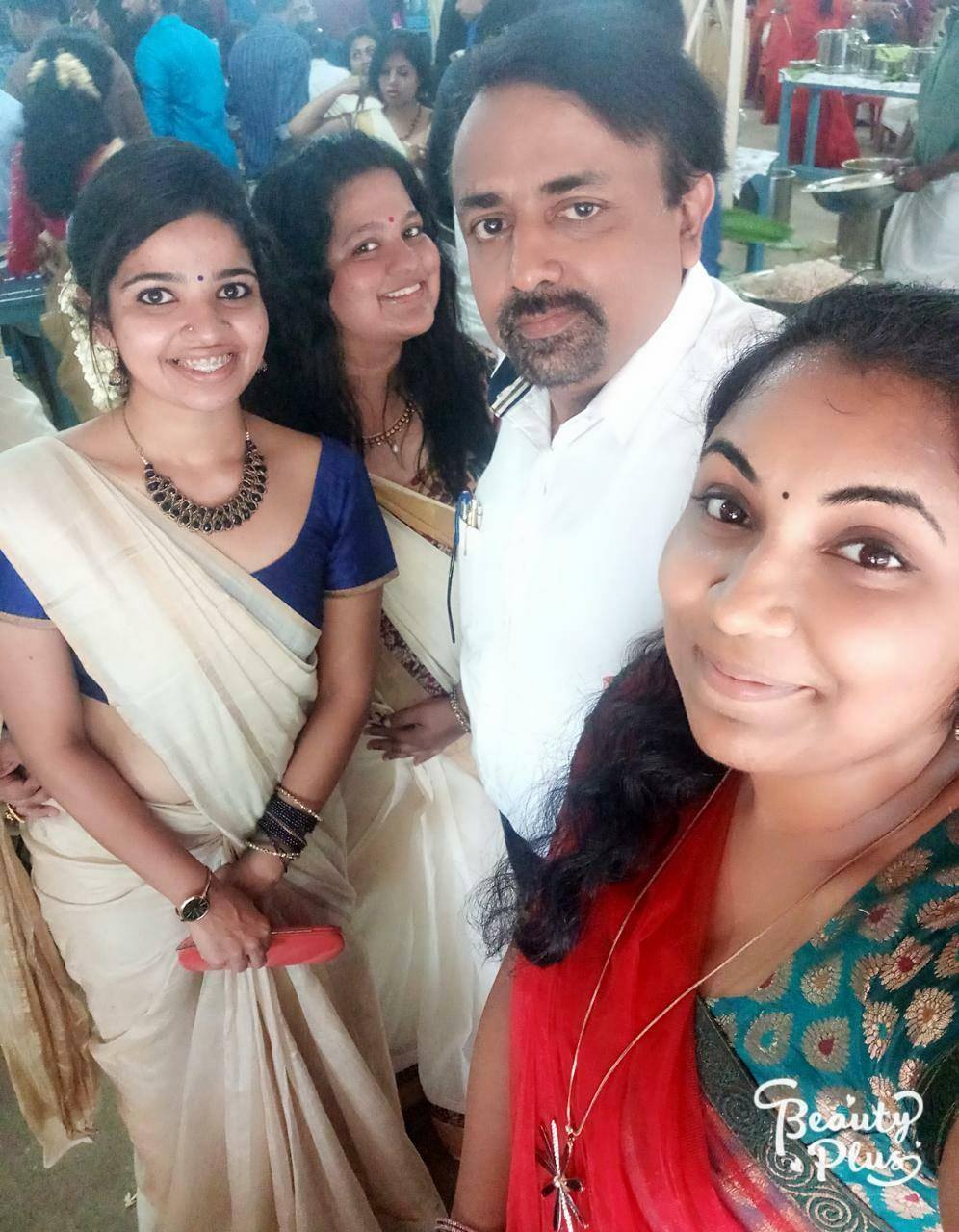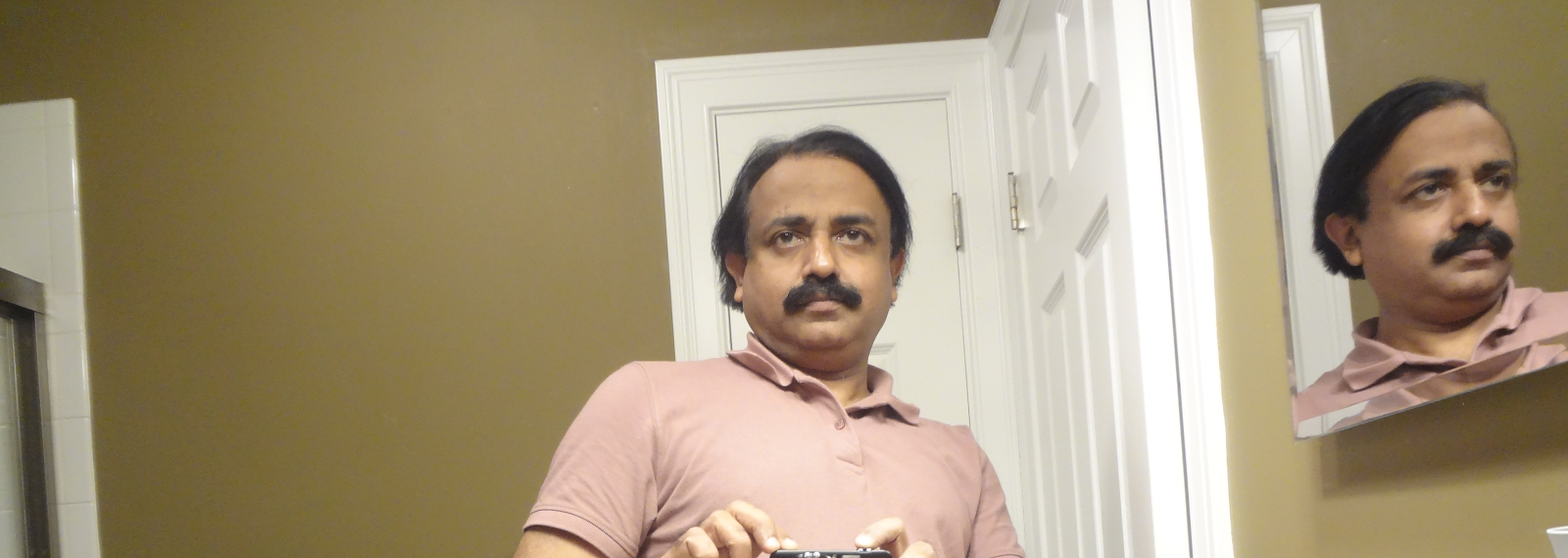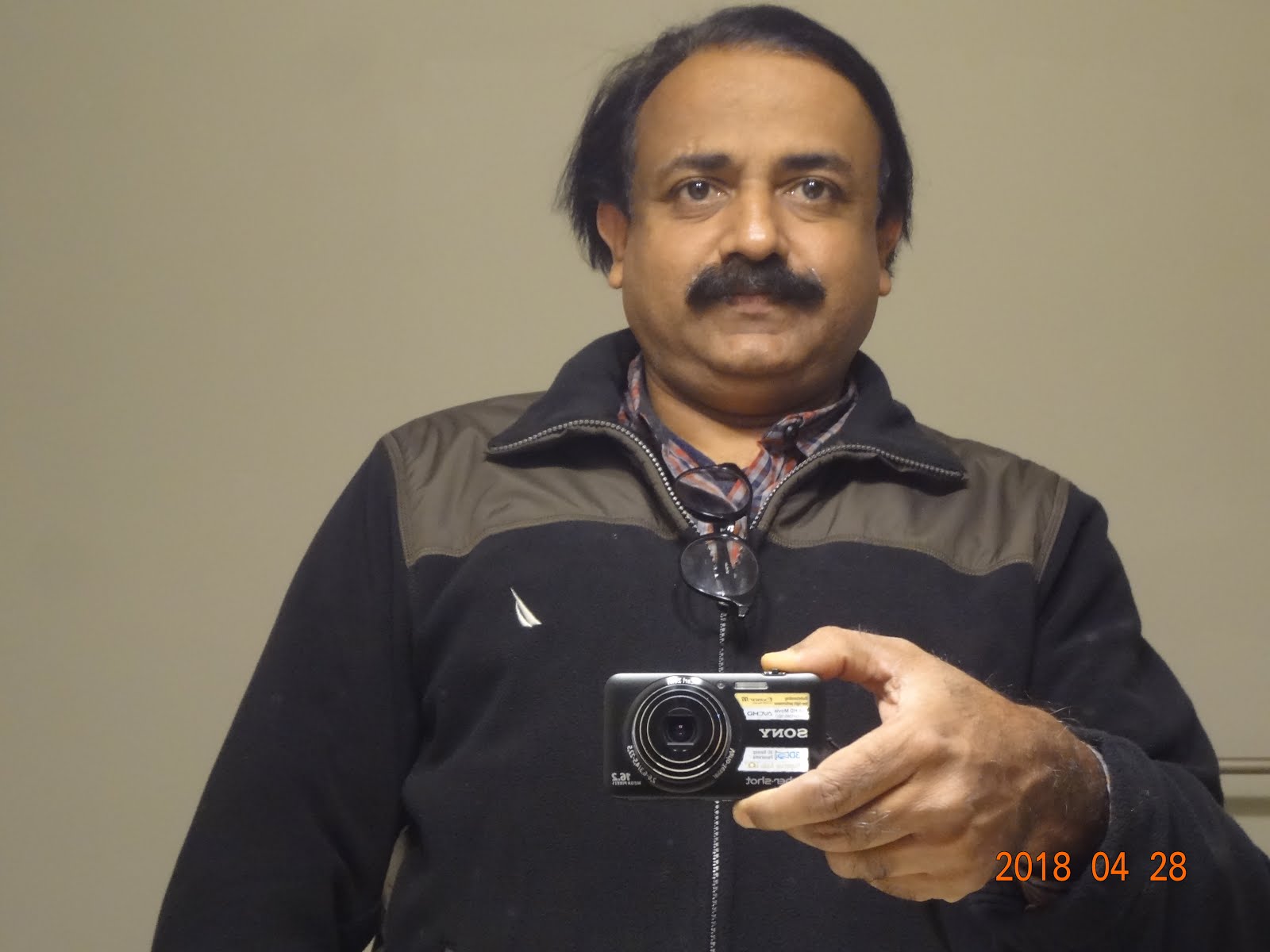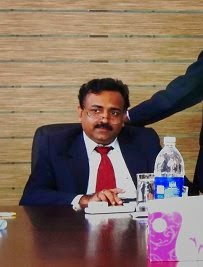The “Sathukudy” syndrome.
The movie “Chandralekha” in Malayalam brings out in a comic scene yet full of insights, the dangers of a man trained in one department trying to act a leadership role. I call it the “sathukudy” syndrome. The man is a fruit juice maker and vendor and is thrust on the hot seat of the CEO. When he confronts an issue, he can be but the fruit juice vendor. He demands a glass of the fruit juice and when presented spits it and scolds the one who brought it don’t you even know how to make the “sathukudy” juice? What he demands is only what he does and the only response is on the lines of don’t you know what I know?
However this is not as simple as it looks. This can happen elsewhere. Look at the man who is trained to be a medical Psychiatrist who becomes the head of a Management institute. What is he likely to see? He is trained to be a psychiatric social worker and naturally he sees psycho cases of various degrees after the principle of functional selectivity of perception. The functional selectivity of perception posits among other things that a man’s predisposition as in his training or immediate needs influence what he perceives.
The phenomena is obvious in the above case, one being the matrix of fruit juice and the other being the matrix of leadership. But what about those cases where the difference is not so apparent as when a Medical and Psychiatric Social Work trained one becomes the Leader of a Management Institute? The difference is not so glaringly apparent. Any serious discussion is in danger of being pulled down to the level of the medical psychiatric, defensive, pathological level. Thus when a boy is caught fighting with another and they try to patch up and one of them says why don’t you look into my eyes, there goes the Principal, ‘Are you gay/s?’ At other times the serious is brought down to the banal. When something is in error, it is not the effort to fix but rather to fix the responsibility on someone, blow out of proportion and go out of control. And so forth. That’s because everybody is a psychiatric patient to the Medical Psychiatrist who himself is not alert to the possibility of this syndrome. This applies to any specialist if he is not careful not to be influenced by his training.
I call this the “sathukudy” syndrome. It is all the more insidious in so far as since apparently the discussion is on the issue but actually the matter is dealt with at a level well below the issue. The leader becomes the culprit and goes scot free, the result being the deterioration of the institute with apparent growth but no actual development and missed opportunities.
Tuesday, September 27, 2011
Thursday, September 22, 2011
A son in retrospect
John’s story
My name is John. I was born to rather intelligent parents. My parents separated when I was seven and formally got divorced when I was 11. The initial days of separation were difficult for my dad and I am witness to that. As for my mother she was too busy with her work. In fact her work which paid her too well was one of the reasons for the divorce, the latest trigger for the final break. She figured if she can be financially independent she could be independent altogether. For her, life was for money and for my father work was for life.
My father taught in a local college. At the time of their marriage my father was working with a large Corporation in the northern parts of the country. I was conceived there but since my birth, my father was employed in the college. His job was different but in the larger sense it was a career change not entirely unrelated. He studied, practiced and taught the same subject Human Resource Management. For all his deficiencies I think he was consciously guiding me all the while even in the midst of his difficulties with my mother.
My mother is mostly loving. The emphasis is on ‘mostly’. She can be irrational at times and there is an air of inscrutability about her. She likes to receive love, but unlike other women love is not the centre of her life. At times I have felt that she has an incapacity to understand the most important part of life.
My father’s people were second generation employees. By this I mean that my great grandfather was most of the time an agriculturist and small time businessman, but never held any public office. My paternal grandfather was first with the Air Force and then with an Insurance Company. He had a closed mind by the standards that one expects from someone with exposure.
My father at first could not understand the meaning of the separation amidst all his other struggles. But soon he got back the threads. That is he never considered his family broken although mother was away. He went about his life as if nothing much had happened treating me with utmost care and admonitions necessary. In fact he was my father and mother in one. Later I came to understand that he had scars deep from early on in his life that gave him uncanny empathy for a kid that my mother never understood. He would never complain and had the ability to make the best of the circumstance.
I was happy to be with him and would say to myself ‘my own father’ whenever he took me around but I guess sometimes he heard me. He pretended he never heard it but knew what was best for the child. On his maternal side he had experience of bringing up motherless children which gave him extreme compassion. But his mostly inexpressive nature never let other people know this and he was misunderstood or not understood.
Those days when my mother was with us and when she was home and sleeping tiredly a concerned husband, my father would take care of me so that mother would sleep. As I understood this is atypical of males of my folks. At that time I too did not know why he would care that mother sleeps but now I know. But mother never knew. For how would a sleeping mother know of her husband’s love and affection for her?
On occasions when I would weep at my mother’s departure I would see him wipe his tears as well. He would take care of me all for the thing called family. But my mother never knew. I had a vague feeling that my mother would compensate me for all the absence but it turned out that when someone else professed more affection she forgot family, me and my father that she fell for it. My father’s love may not have been of the expressive type, but he did care. My father had not read Russel then who considered both the fulfillment of responsibilities and the expression of love as essential for the true flowering of marriage. But nevertheless I do feel that given time he would have been expressive to mother as he matured in age. By contrast, the other man who only professed love and had no intention of taking any responsibility is definitely a poor selfish specimen. I wonder why mother never knew to distinguish. Even if father was not expressive, destroying the only crucible, the marriage, was definitely not the solution for gaining more of father’s affection.
Father never married and spent all the time for me. His job and proximity to my school enabled him to devote entirely to me. For him the marriage may have been broken but the family was only disrupted temporarily.
The proof of this is that my father never spoke ill of my mother. In fact, he told only that I should pray for her and love her. And whenever I was to be with her, he sent me with utmost care and love as if I am on an excursion and he wished me well. In later years I understood that he was shrewd to ensure my love for her and hers for me for my all round development without trouble for anyone. Sure like any other true man he felt the loss only deep within and had no intention of showing to the outside world.
My name is John. I was born to rather intelligent parents. My parents separated when I was seven and formally got divorced when I was 11. The initial days of separation were difficult for my dad and I am witness to that. As for my mother she was too busy with her work. In fact her work which paid her too well was one of the reasons for the divorce, the latest trigger for the final break. She figured if she can be financially independent she could be independent altogether. For her, life was for money and for my father work was for life.
My father taught in a local college. At the time of their marriage my father was working with a large Corporation in the northern parts of the country. I was conceived there but since my birth, my father was employed in the college. His job was different but in the larger sense it was a career change not entirely unrelated. He studied, practiced and taught the same subject Human Resource Management. For all his deficiencies I think he was consciously guiding me all the while even in the midst of his difficulties with my mother.
My mother is mostly loving. The emphasis is on ‘mostly’. She can be irrational at times and there is an air of inscrutability about her. She likes to receive love, but unlike other women love is not the centre of her life. At times I have felt that she has an incapacity to understand the most important part of life.
My father’s people were second generation employees. By this I mean that my great grandfather was most of the time an agriculturist and small time businessman, but never held any public office. My paternal grandfather was first with the Air Force and then with an Insurance Company. He had a closed mind by the standards that one expects from someone with exposure.
My father at first could not understand the meaning of the separation amidst all his other struggles. But soon he got back the threads. That is he never considered his family broken although mother was away. He went about his life as if nothing much had happened treating me with utmost care and admonitions necessary. In fact he was my father and mother in one. Later I came to understand that he had scars deep from early on in his life that gave him uncanny empathy for a kid that my mother never understood. He would never complain and had the ability to make the best of the circumstance.
I was happy to be with him and would say to myself ‘my own father’ whenever he took me around but I guess sometimes he heard me. He pretended he never heard it but knew what was best for the child. On his maternal side he had experience of bringing up motherless children which gave him extreme compassion. But his mostly inexpressive nature never let other people know this and he was misunderstood or not understood.
Those days when my mother was with us and when she was home and sleeping tiredly a concerned husband, my father would take care of me so that mother would sleep. As I understood this is atypical of males of my folks. At that time I too did not know why he would care that mother sleeps but now I know. But mother never knew. For how would a sleeping mother know of her husband’s love and affection for her?
On occasions when I would weep at my mother’s departure I would see him wipe his tears as well. He would take care of me all for the thing called family. But my mother never knew. I had a vague feeling that my mother would compensate me for all the absence but it turned out that when someone else professed more affection she forgot family, me and my father that she fell for it. My father’s love may not have been of the expressive type, but he did care. My father had not read Russel then who considered both the fulfillment of responsibilities and the expression of love as essential for the true flowering of marriage. But nevertheless I do feel that given time he would have been expressive to mother as he matured in age. By contrast, the other man who only professed love and had no intention of taking any responsibility is definitely a poor selfish specimen. I wonder why mother never knew to distinguish. Even if father was not expressive, destroying the only crucible, the marriage, was definitely not the solution for gaining more of father’s affection.
Father never married and spent all the time for me. His job and proximity to my school enabled him to devote entirely to me. For him the marriage may have been broken but the family was only disrupted temporarily.
The proof of this is that my father never spoke ill of my mother. In fact, he told only that I should pray for her and love her. And whenever I was to be with her, he sent me with utmost care and love as if I am on an excursion and he wished me well. In later years I understood that he was shrewd to ensure my love for her and hers for me for my all round development without trouble for anyone. Sure like any other true man he felt the loss only deep within and had no intention of showing to the outside world.
Subscribe to:
Posts (Atom)











